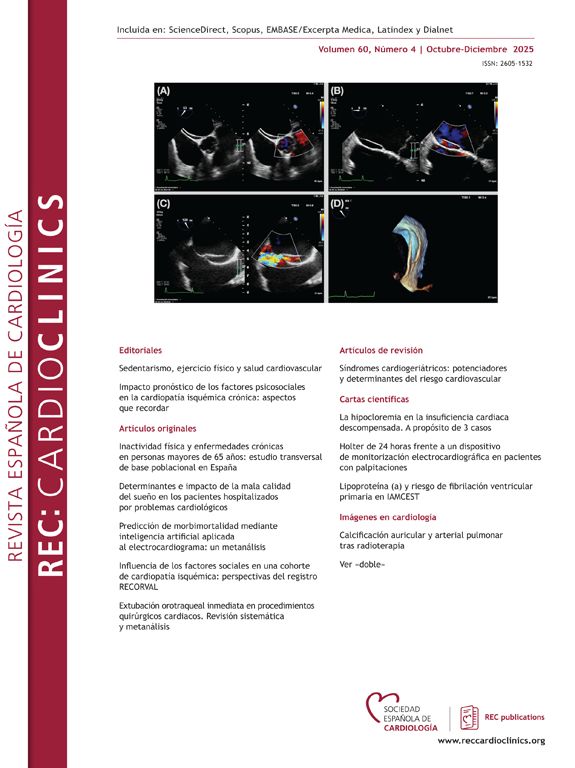My name is Jérôme Wintzer-Wehekind, I am currently an interventional cardiologist fellow at Quebec Heart and Lung Institute in Quebec, Canada, under the mentorship of Dr. Josep Rodés-Cabau. As a matter of fact, after a 4-year cardiology residency in Clermont-Ferrand and a 2-year training in percutaneous coronary intervention at Groupe Hospitalier Mutualiste in Grenoble (France), I moved to Quebec, Canada, for a two-year clinical and research fellow program in structural heart disease. I am especially interested in mitral and aortic valve disease. As part of my Ph.D., I am currently working on patent foramen ovale closure for secondary prevention of paradoxical embolism and on the relationship between atrial septal defect closure and migraine.
Question:How did you get into medicine and cardiology?
Answer: When I was a teenager, I was looking for a job in which I could contribute to help others. Hence, becoming a medical doctor was the perfect job for me. During my medical studies I was seeking for a medical specialty that required you to have both strong clinical reasoning and manual skills. Cardiology fits perfectly.
Q:Who are the doctors who influenced you the most?
A: My parents are both doctors, my father is a cardiologist and my mother a gastroenterologist. Their commitment in terms of time and their constant involvement in their daily practice, even after decades of work, are a source of inspiration.
Q:What innovation do you think has had most impact in cardiology or in your area of interest?
A: I am 34years old. I am young but old enough to have witnessed the history and expansion of transcatheter aortic valve implantation. I am still astounded to see patients going back home the day after the procedure.
Q:What do you consider your most important achievement to date?
A: I have so much more to do… When you work hard you always feel satisfaction when you see your patients getting better or your work being published but, at the same time, you always have something more to improve on or to learn.
Q:Do you have any professional project in mind that you would like to develop in the coming years?
A: One of my goals would be to create local/regional registries or improve existing ones to include all performed cardiovascular procedures. When well designed and executed, patient registries provide a real-life view of clinical practice. For example, what is been done with the SCAAR registry, the Swedish Coronary Angiography and Angioplasty Registry, is impressive. In order to improve quality of care, our daily practice and our knowledge, strong prospective databases are crucial.
Q:What would you highlight about specialized medical training in your country?
A: France has always been a leading country in cardiovascular medicine and research. I personally think it is important to leave your country and work with other teams to discover different ways of working. I have learned so much during my fellowship. I encourage young doctors and residents to come to France to share their motivations and to work with some of the most influential physicians and researchers.
Q:Tell us about ‘that’ clinical case that you will never forget.
A: I was a medical student at the time. An old woman was hospitalized for shortness of breath. She had visited several doctors without success. I interviewed her and told the senior doctor in charge of the service that she was probably suffering from a platypnea-orthodeoxia syndrome. After patent foramen ovale closure she fully recovered. I felt very pleased with myself…but in fact, I had studied the corresponding chapter in a cardiology book just a few days before!
Q:What advice would you give to someone who has not yet opted for cardiology?
A: In any medical specialty you will have to work hard and spend a lot of your time studying and practicing. It is particularly true in cardiology (emergencies, days on call…). But if you are interested in cardiology you should go ahead. You won’t be disappointed, it is worth it.
Q:How do you disconnect outside work?
A: I am lucky to share my life with a wonderful woman. We love outdoor activities like skiing, mountain biking, hiking, mountaineering… Practicing physical outdoor activities makes me feel better.










